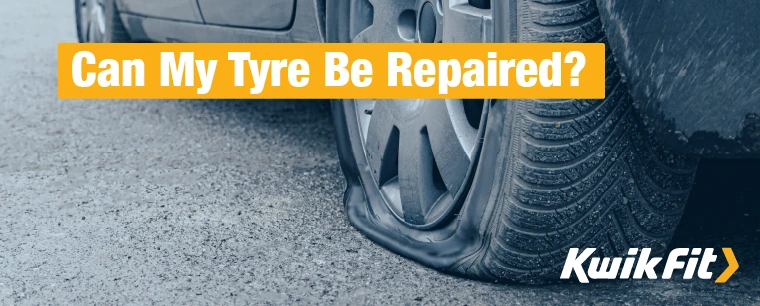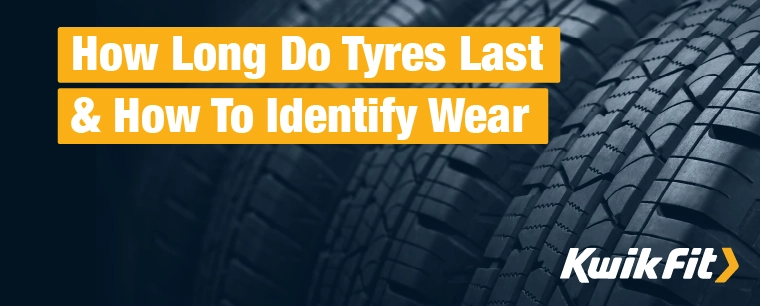Are Petrol or Diesel Cars Better?
Jack Dreyer | Monday 24th April 2023 12:00pm
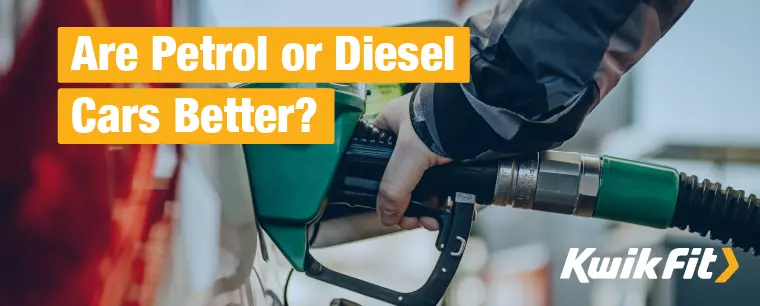
With diesel cars seemingly on their way out, there’s a good amount of sentiment in support of the mechanical side of diesel vehicles. This debate started with a move to ban the sale of new diesel vehicles, but has snowballed into a plan to ban all diesel and petrol vehicles by 2030. Importantly, this won’t ban the use of combustion engine vehicles, but will mean that drivers will have to transition to electric vehicles much faster than previously anticipated.
At the same time, new EVs are still quite expensive – and, without the infrastructural changes necessary to wider adoption, simply may not be feasible to some drivers by 2030. So if you’re looking to get a combustion engine car, should you opt for a petrol or diesel?
Let’s explore.
What are the differences?
The only differences between petrol & diesel cars are the engines and exhausts. Diesel fuel is much more stable, so needs to be warmed up by glow plugs before it will combust. Petrol, on the other hand, is unstable enough to evaporate when left unpressurised.
Mechanically, a car will usually be exactly the same aside from these differences and, in fact, you’re unlikely to have the choice between a petrol or diesel model of the same car these days. Instead, you’re likely to have to choose between a petrol or electric/hybrid version.
Diesel cars tend to need less maintenance
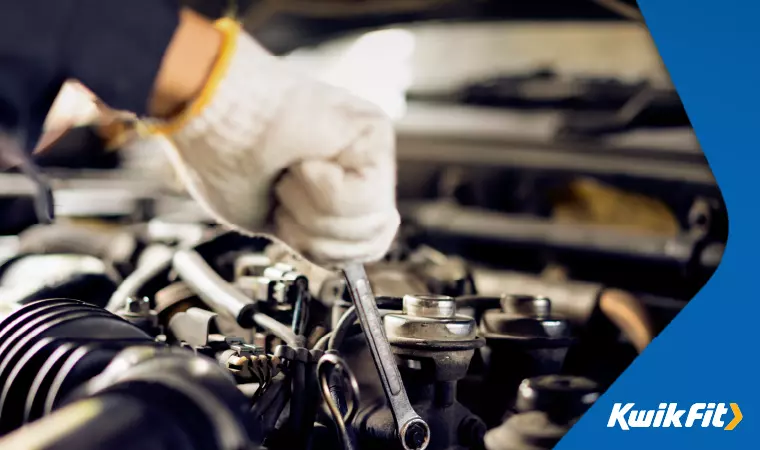
Admittedly, this is quite a broad statement that depends greatly on driving style, mileage, and local conditions, but diesel engines and fuel lines tend to require fewer repairs over their lifetime. Diesel itself is far less corrosive than petrol, so the seals throughout the system tend to survive much longer than petrol alternatives.
That said, you’ll still need to make sure you’re checking glow plugs, making sure engine oil is adequate and regularly replaced, as well as all other general maintenance tasks you’d expect to conduct for a vehicle. Even with the best maintenance, however, engines have a functional life.
They have to do a huge amount of work to get cars around, so you can expect to have to majorly overhaul them every so often.
Astonishingly, many petrol engines can operate adequately for up to 200,000 miles before they need a major repair (which, depending on the car, may simply necessitate a new car). But more astonishingly, diesel engines have been regularly known to clock over a million miles before needing significant work – often between 1,000,000 to 1,500,000.
Statistically speaking, you’re much more likely to need to replace the car due to other issues (heavily worn brakes, broken suspension, frame rust, etc.) than you are to need to replace the engine due to normal wear and tear.
With a dying category, think of replacement parts
So you may be tempted to opt immediately for a recent second-hand diesel car – after all, a million miles of trouble-free driving doesn’t sound so bad, does it?
The issue here is that you’re most likely to need to replace parts other than engine parts before the end of those million miles. The more you drive, the more conditions your car’s mechanical components need to withstand, the more you’ll need to factor in the costs of replacement parts.
This includes expected consumables like oil filters, fuel filters, and brakes, but will also have to include components that don’t need to be replaced very often – parts like suspension arms, brake calipers, and exhaust components.
With diesel vehicles already being phased out, it might be hard to find new replacement parts in five years, let alone after 2030. You’ll still be able to find parts from breakers yards after that point, but you never quite know the quality that you’ll be getting when the component is second-hand.
Opt for high-production models in the meantime
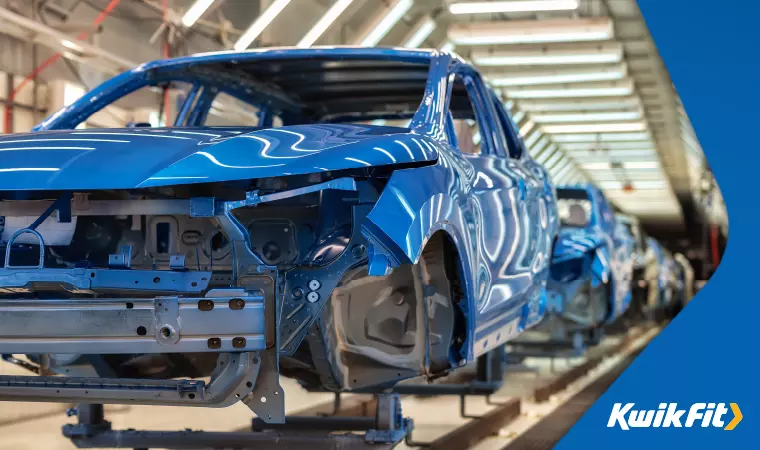
As such, it seems likely that replacement parts for petrol vehicles will be more readily available after the 2030 cutoff point simply because they won’t be phased out for another few years. So opting for high-production models of petrol vehicles is the best chance of having a longer timeframe for your investment. If you don’t need a family saloon, for example, then opting for a four-door petrol hatchback like a Ford Focus means you can access the replacement parts that are already made in abundance.
This goes towards lower initial costs, lower running costs, and lower repair costs in the future – which could all be put towards investing in a better EV when the time is right.
Trust the experts at Kwik Fit
For vehicle maintenance & repair, regardless of whether it’s a petrol, diesel, or electric vehicle, you can trust the experts at your local Kwik Fit centre to keep your car tuned and happy for as long as possible.
Any facts, figures and prices shown in our blog articles are correct at time of publication.
Featured Articles
Can My Tyre Be Repaired?
Wednesday 22nd November 2023
It can be hard to tell if your puncture can be repaired or not. Read our handy guide to understand if your tyre can be saved or if you need a replacement.
How Long Do Tyres Last & How To Identify Wear
Wednesday 18th October 2023
Driving on old or worn tyres can be dangerous so you need to maintain them properly. Read about how long tyres should last and how to know if your tyres are old.
Wet Weather Driving Tips – Staying Safe in the Rain
Thursday 27th October 2022
Driving in the rain isn’t only a pain but can be surprisingly hazardous – here are our top tips for staying safe in wet & icy weather this winter.

